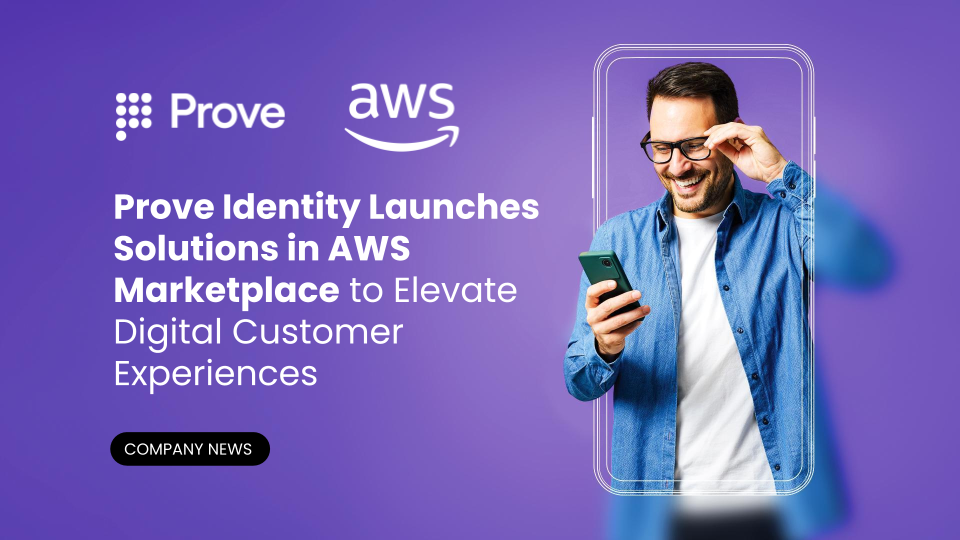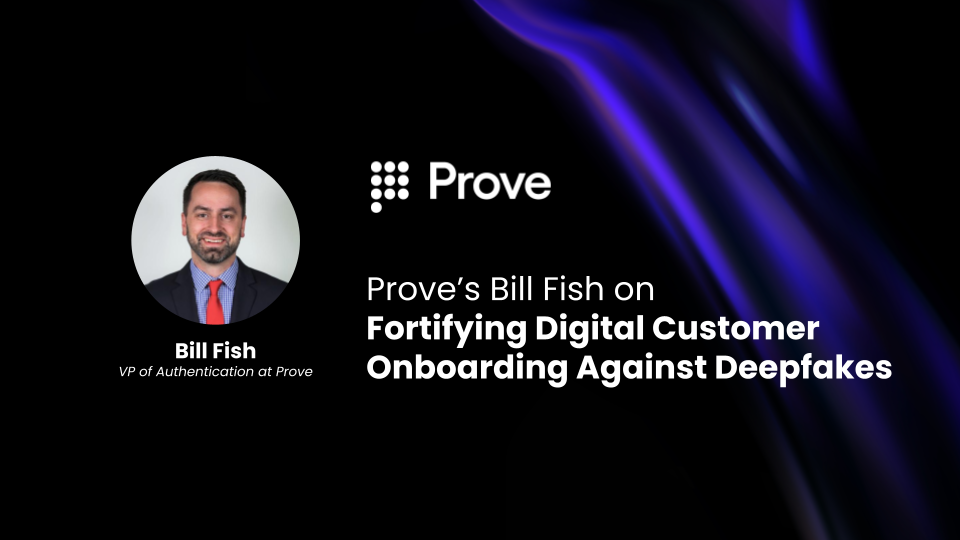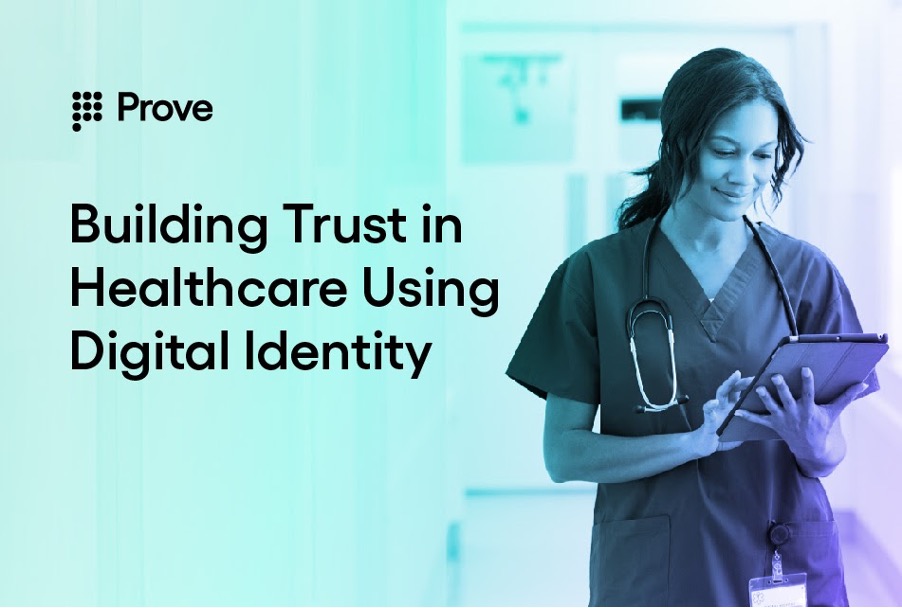From banking to e-commerce, industries have adopted digital identity verification in an attempt to make services more transparent, secure, and agile. The healthcare sector is not far behind. With the quick adaptation of remote consultation during the pandemic, medical services are seeing many benefits of going digital. While it is a positive sign, remote health services come with their apparent challenges. Here’s how leveraging digital identity can help pivot the healthcare industry in the right direction.
Better Treatment and Services: A Critical Lever for Change
Legacy healthcare systems rely heavily on data that is collected through physical channels. These data points include medical history, phone numbers, age, addresses, and other demographic details. While it is important to have access to patients’ data for better treatment, this mode of collecting and managing data is proving to be unreliable, risky, and time-consuming. It often results in data loss, theft, or breaches.
According to a recent study released by the World Bank, a secure, inclusive and responsible method of identifying and authenticating patients will help in providing better healthcare facilities, treatments, and management.
As the digitization of healthcare picks up momentum, identifying legitimate users and protecting sensitive personal data by leveraging the power of digital identity assumes paramount importance. With the help of next-generation passive and continuous authentication technologies, digital identification and verification can provide a complete experience to include end-to-end identity management, omnichannel cybersecurity, and data privacy.
Here are some of the benefits of adopting digital identity in healthcare:
- Reducing the risk of identity fraud: By building on the foundational identification system, according to the World Bank, “countries may be able to create economies of scale and avoid duplicate databases, systems, and data collection efforts.”
- Improving conversion and member engagement: Both patients and healthcare providers are likely to save time by eliminating the need to apply for or carry additional identity documents, fill out and process multiple enrollment forms, and more.
- Interoperability of data for better information management: If healthcare systems use a unique patient or beneficiary identifier that is common to other programs like social protection, education, taxation, and more, these databases can help in regulated exchange of information and respond to queries faster. This will also help resolve issues like inaccurate or incomplete medical information.
- Offering complete data privacy: Online identity verification can effectively eliminate the risk of patient-related fraud and identity theft. This can be done by robust encryption of the patients’ records. In addition to this, digital identification and verification can be further enhanced by means of advanced authentication using biometrics.
- Better treatment and care: Digital identity can help in providing accurate and timely information from multiple sources for better diagnosis and treatment, thus efficiently managing time between testing and offering final treatment, improving follow-up care, and reducing duplication.
For these reasons, digital identification in healthcare is expected to help practitioners achieve better outcomes with 100% compliance.
The WHO reports that about 47% of countries now have an electronic health records (EHR) system, while about 83% have adopted at least one mobile health application. Here’s a quick look at some of the nations that have so far successfully used digitization in healthcare to control the spread of the COVID-19 virus:

Leveraging Digital Identity to Modernize Healthcare
Adopting a modern approach to identification leveraging digital identity can significantly improve member experience while delivering data security and cost reduction in healthcare institutions. Phone-Centric Identity™, which relies on billions of signals pulled in real-time from authoritative sources, including those on mobile devices and phone numbers, is a powerful proxy for digital identity and trust. Digital ID, if implemented in a tokenized form, eliminates the need for members to exchange personal information during each transaction, thereby making the interaction secure.
Usage of digital ID based on Phone-Centric Identity can significantly improve member experience by exchanging complete and accurate contact information, which in turn eliminates the need for cumbersome identity verification processes.
In a nutshell, here are some of the key benefits of adopting a digital ID-centric approach to identification and authentication in healthcare:
- Authenticate patients’ data instantly and securely
- Protect patients from any kind of medical identity theft
- Reduce administrative spend and overall operating expenses
- Enable enhanced experiences such as passwordless login and more
Digital identity verification and authentication can also create a direct positive impact on ROI by reducing the operational cost associated with identity verification. A trusted verification mode based on tokenized identity cuts down the time taken to verify the member on any channel (e.g., at the contact center), thereby driving down OPEX. The time, so saved, can be utilized to service more members boosting member engagement.
Prove provides modern digital identity solutions which leverage the phone number as the healthcare consumer's digital fingerprint. Prove's omnichannel platform enables frictionless healthcare consumer engagement across digital portals, mobile apps, and call centers. In addition to verification and authentication, Prove's platform also supports outbound engagement by discovering consumer phone numbers and automatically updating phone numbers as consumers change them.
Get in Touch
Get Smarter About Digital Identity
Receive helpful insights like this article right in your inbox

Keep reading

Prove’s solutions can help businesses make their online customer experiences faster, easier and more secure.

While the rise of deepfake technology is not totally new, its level of sophistication presents new challenges for businesses seeking to deliver frictionless digital onboarding experiences to their customers.

Prove and BetMGM, the sports betting and iGaming leader, have entered into a partnership which will elevate the security standards and user experience for BetMGM customers through the Prove Pre-Fill® identity solution.














